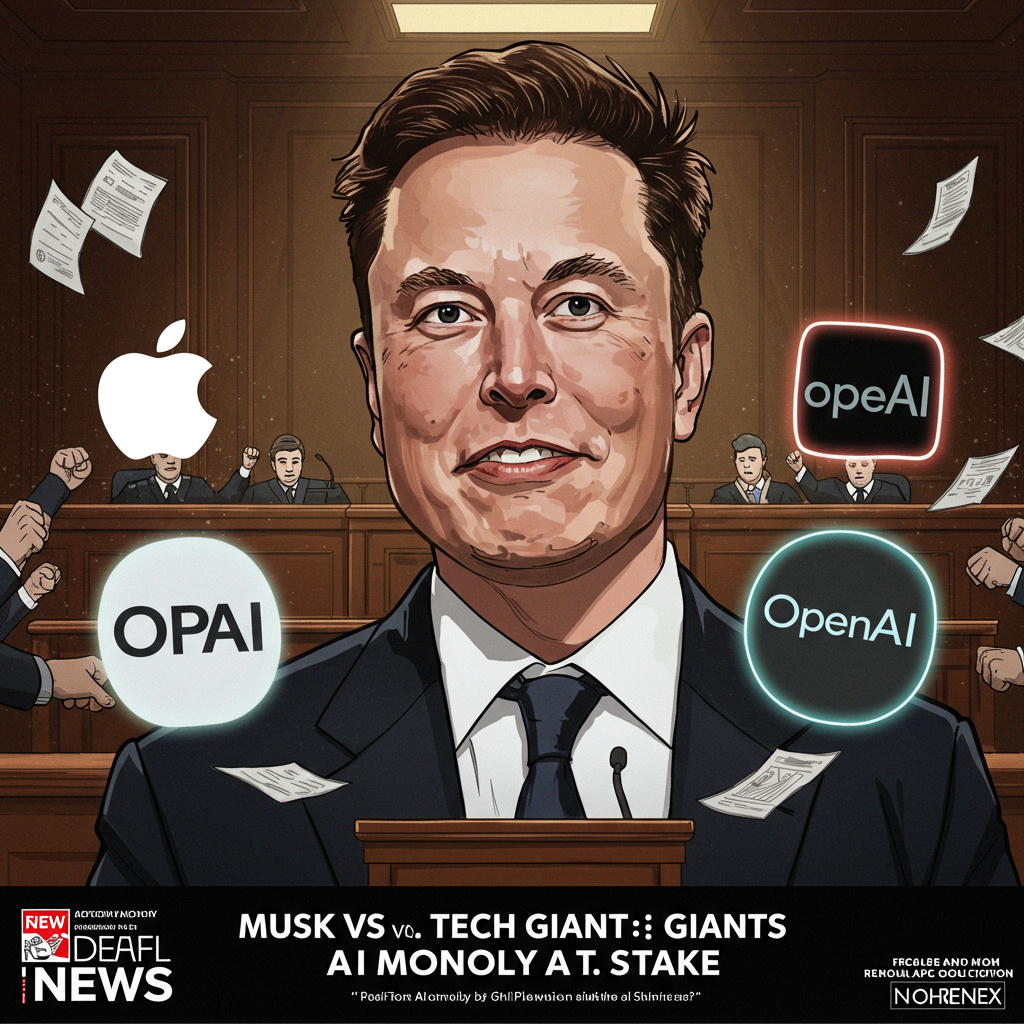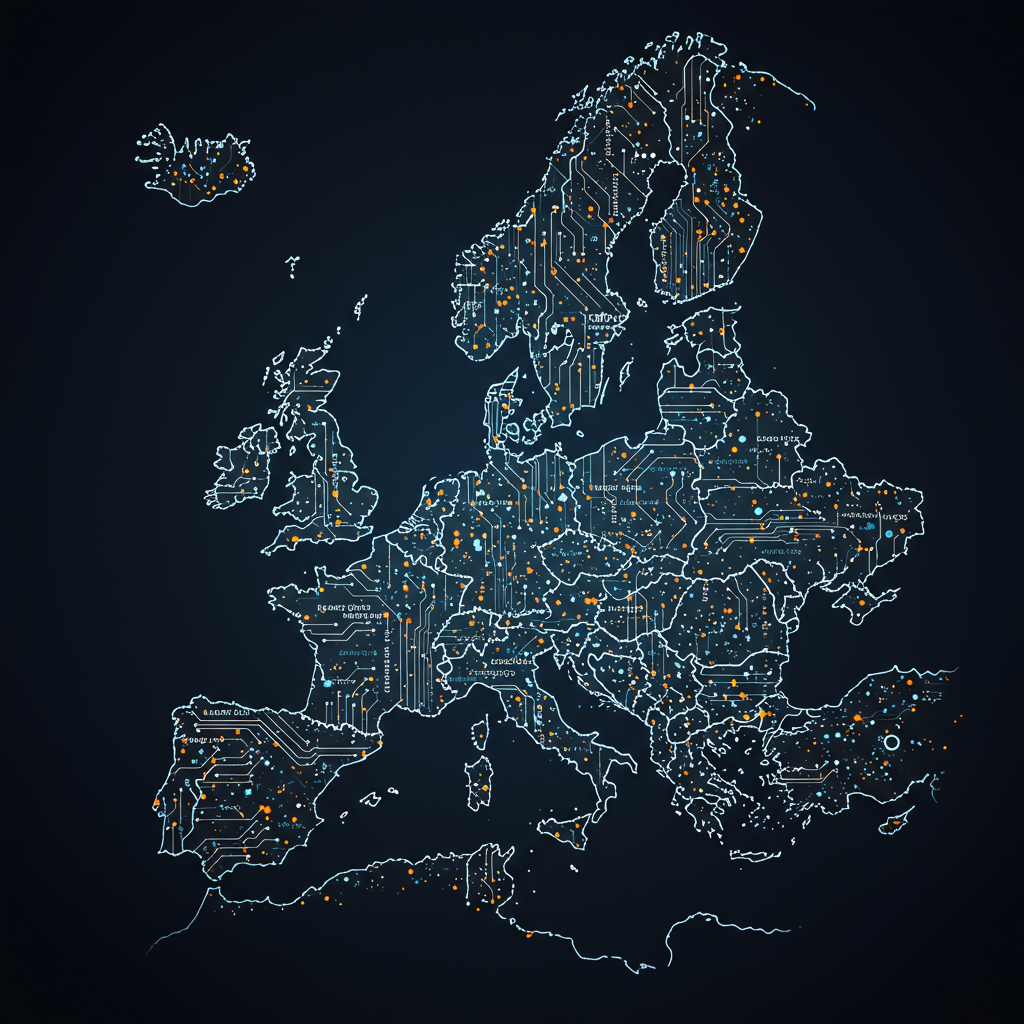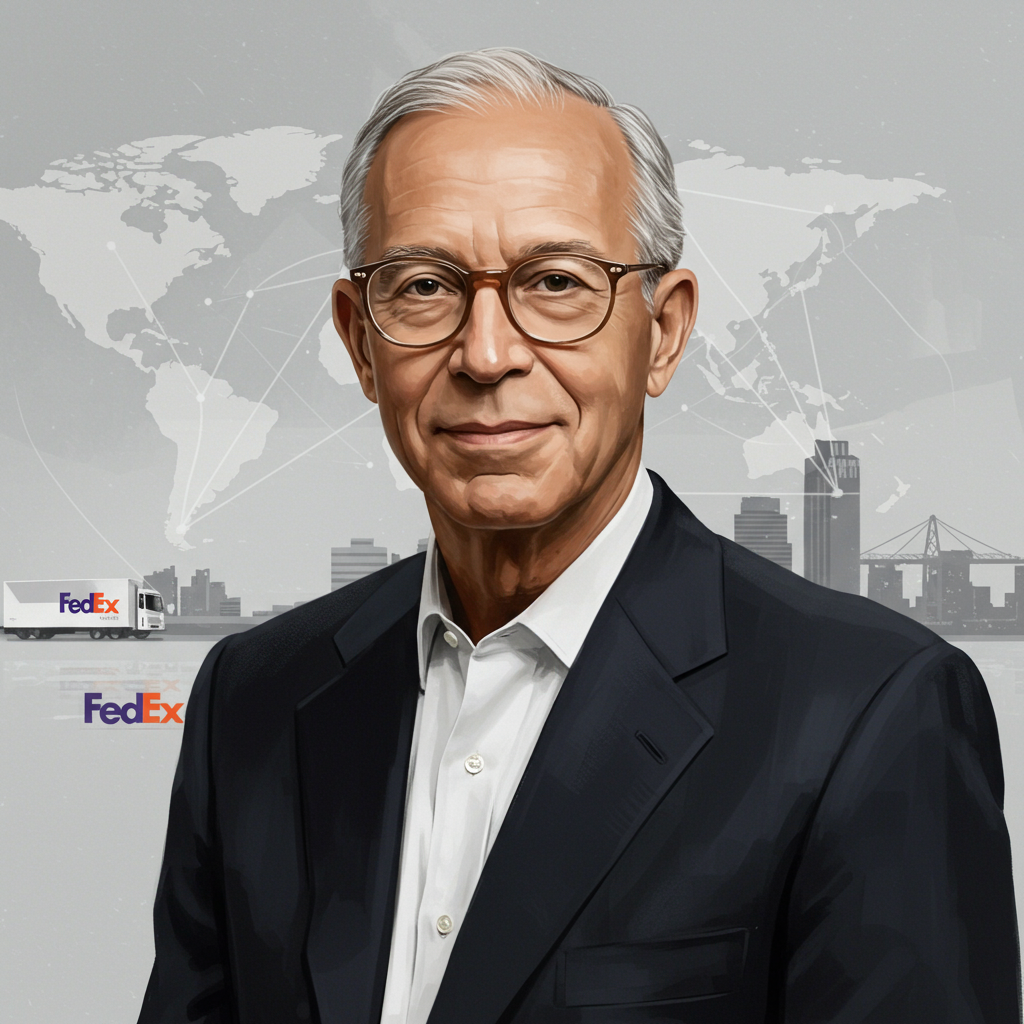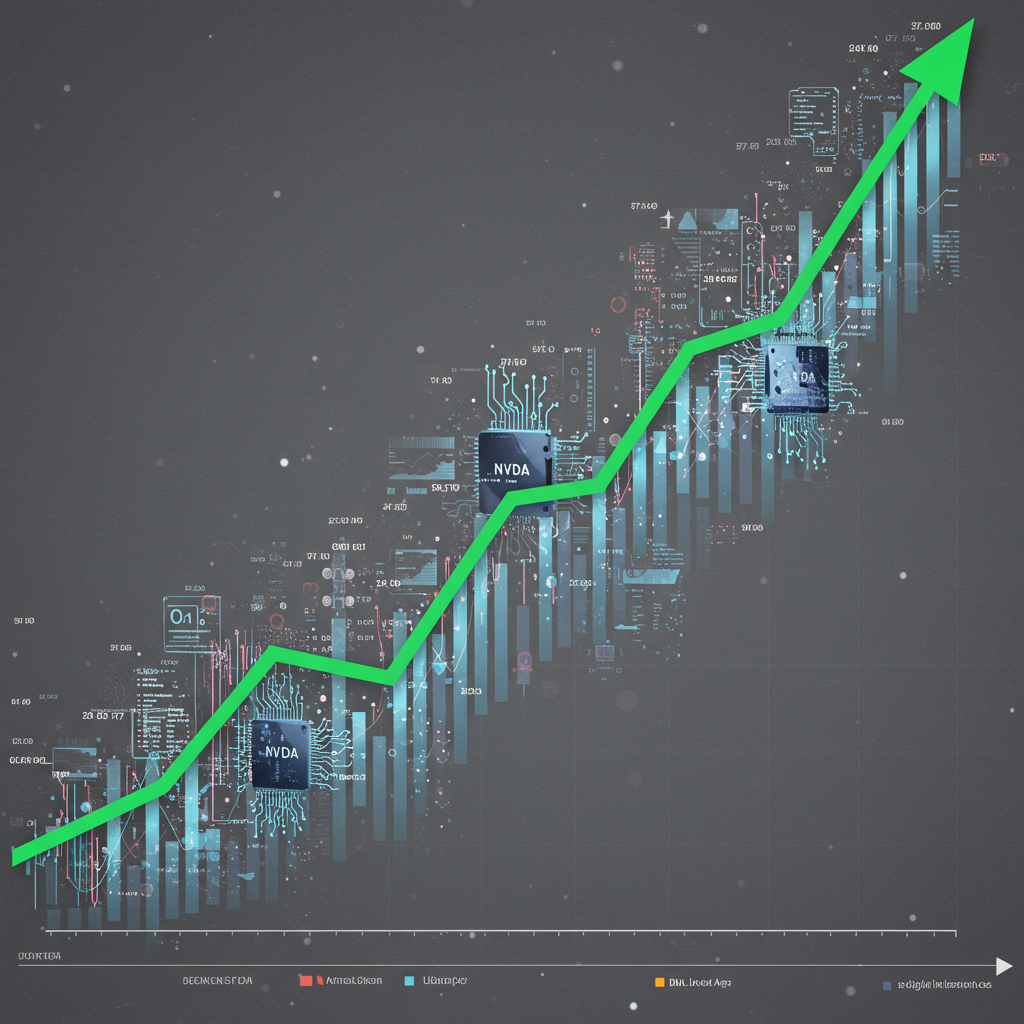Elon Musk’s artificial intelligence startup, xAI, has initiated a high-stakes legal battle, suing tech giants Apple and OpenAI. The lawsuit, filed in a Texas federal court, alleges an “anticompetitive scheme” aimed at monopolizing the rapidly expanding markets for smartphones and generative AI chatbots. This action marks a significant escalation in the ongoing rivalry between some of the most powerful figures and companies in the tech world, threatening to reshape the landscape of AI development and distribution.
The Core of the Allegations: An AI Monopoly Claim
At the heart of the Musk AI lawsuit is the accusation that Apple and OpenAI have forged an “unlawful agreement and conspiracy.” This alleged collusion, according to xAI, leverages Apple’s dominant position in the US smartphone market to solidify OpenAI’s near-monopoly in generative AI chatbots. The lawsuit, filed on Monday, August 25, 2025, seeks billions in damages and a court injunction to dismantle this partnership, which xAI claims has unfairly “locked up markets.”
Apple’s Alleged Role in Suppressing Competition
xAI’s complaint directly targets Apple’s integration of OpenAI’s ChatGPT capabilities into its operating systems, including through Apple Intelligence and Siri. This partnership, announced last year, is seen by xAI as granting ChatGPT an “unfair advantage.” Musk’s company argues that Apple is “making it impossible” for rival AI firms, such as xAI’s own Grok chatbot, to achieve prominent positions in the App Store. At the time of filing, ChatGPT reportedly held the No. 2 spot, while Grok languished at No. 5.
The lawsuit asserts that Apple’s exclusive arrangement with OpenAI actively discourages the tech giant from promoting xAI’s AI tools within its App Store. This alleged favoritism is presented as a direct abuse of Apple’s substantial market power in the smartphone sector. The complaint also draws parallels to existing antitrust scrutiny faced by Apple’s App Store practices, echoing concerns from cases like Epic Games, where courts have questioned Apple’s control over its digital marketplace. xAI contends that Apple’s actions aren’t just about market share; they aim to prevent “super apps” like Grok from displacing native iPhone functionalities, potentially eroding the value proposition of high-priced Apple devices.
OpenAI’s Dominance and Data Advantage
The Musk AI lawsuit paints OpenAI as a beneficiary of this alleged collusion, using the Apple partnership to maintain its leading position in the generative AI chatbot market. A key point of contention is the access to “valuable user data” that OpenAI could gain from iPhone users’ prompts. This data, xAI claims, provides a significant competitive edge unavailable to other AI chatbot rivals like Grok, DeepSeek, or Perplexity.
According to the lawsuit, Apple’s own “AI shortcomings” led it to adopt ChatGPT as its primary “answer engine,” thereby indirectly boosting OpenAI’s market dominance. This strategic alliance not only enhances OpenAI’s visibility but also provides a critical feedback loop for its models, further widening the gap with competitors. The stakes are immense, with OpenAI reportedly pursuing a staggering $500 billion valuation, potentially making it the most valuable privately held company – surpassing even Musk’s SpaceX, currently valued at $350 billion.
A Fiery Feud Reignited: Musk vs. Altman
This legal action is the latest chapter in a protracted and often acrimonious feud between Elon Musk and OpenAI co-founder Sam Altman. Their history dates back to 2015 when they co-founded OpenAI, but their paths diverged sharply in 2018 after Musk’s unsuccessful attempt to take over the company. Since his departure, Musk has repeatedly filed lawsuits against OpenAI, particularly over its pivot from a non-profit mission to a for-profit enterprise.
OpenAI has consistently rejected Musk’s allegations, framing the current antitrust allegations as part of a “years-long campaign of harassment.” An OpenAI spokesperson described the filing as “consistent with Mr Musk’s ongoing pattern of harassment.” Sam Altman has also publicly dismissed Musk’s criticisms, suggesting they are driven by personal vendettas and business interests. The animosity spilled into public view earlier this month, preceding the lawsuit, when Musk’s threats against Apple led to a sharp exchange of insults between him and Altman on social media. Altman notably countered Musk’s claims of Apple manipulating App Store rankings by alleging that Musk himself manipulates his own platform, X (formerly Twitter), to benefit his companies and harm competitors.
Broader Implications for the AI Ecosystem
The Musk AI lawsuit holds significant implications for the broader AI market dominance and the future of competition within the tech industry. Should xAI succeed, it could force a reevaluation of how major tech platforms integrate third-party AI, potentially opening doors for smaller developers. For consumers, the outcome could influence choice and innovation in AI-powered applications.
This case adds to a growing chorus of concerns about tech giant regulation and antitrust enforcement in an era of rapid technological advancement. The argument that Apple’s actions prevent “super apps” from flourishing raises questions about consumer freedom and the perceived value of tightly controlled ecosystems. While Apple maintains its App Store is “designed to be fair and free of bias,” its executive Craig Federighi has indicated the company is exploring future integrations with other AI models, signaling potential flexibility. The unfolding legal drama underscores the intense competition and strategic maneuvers defining the burgeoning generative AI landscape.
The Stakes: Billions, Market Control, and Regulatory Scrutiny
The demand for “billions in damages” highlights the perceived financial harm to xAI and other competitors. Beyond monetary compensation, an injunction could unravel one of Apple’s most significant forays into AI and a marquee deal for OpenAI. This would have profound strategic consequences for both companies, potentially forcing them to rethink their partnership models and App Store competition strategies. The spotlight on this lawsuit will inevitably draw increased attention from regulatory bodies globally, adding pressure for greater transparency and fairness in the AI sector. The resolution of this legal battle could set critical precedents for how tech giants collaborate and compete in the defining technology of our era.
Frequently Asked Questions
Why is Elon Musk suing Apple and OpenAI?
Elon Musk’s AI startup, xAI, is suing Apple and OpenAI over alleged anticompetitive conduct. The lawsuit claims the two companies have engaged in a “conspiracy to monopolize” the markets for smartphones and generative AI chatbots. xAI argues that Apple’s exclusive partnership with OpenAI, integrating ChatGPT into its devices, unfairly favors OpenAI’s technology, making it difficult for competing AI platforms like xAI’s Grok to gain market share or top App Store rankings. Musk contends this arrangement stifles innovation and competition.
What are the key allegations made against Apple in this lawsuit?
The lawsuit alleges that Apple is leveraging its monopoly power in the US smartphone market to suppress competition in AI. Specifically, xAI claims Apple’s App Store policies give ChatGPT an “unfair advantage,” disincentivizing the promotion of rival AI tools like Grok. The suit suggests Apple’s deep integration of ChatGPT provides OpenAI with valuable user data from iPhone prompts, a resource unavailable to competitors. It also highlights that Apple’s own “AI shortcomings” led to adopting ChatGPT, inadvertently bolstering OpenAI’s market dominance.
How might this lawsuit impact the future of AI competition?
This high-profile lawsuit could significantly impact the future of AI market dominance and competition. If successful, it could lead to increased regulatory scrutiny of exclusive partnerships between major tech platforms and AI developers. It might force platform owners like Apple to adopt more open and equitable policies for AI integration, fostering a more diverse and competitive AI ecosystem. This could benefit smaller AI startups by creating a more level playing field, ultimately driving greater innovation and offering consumers more choices beyond dominant players like OpenAI.




